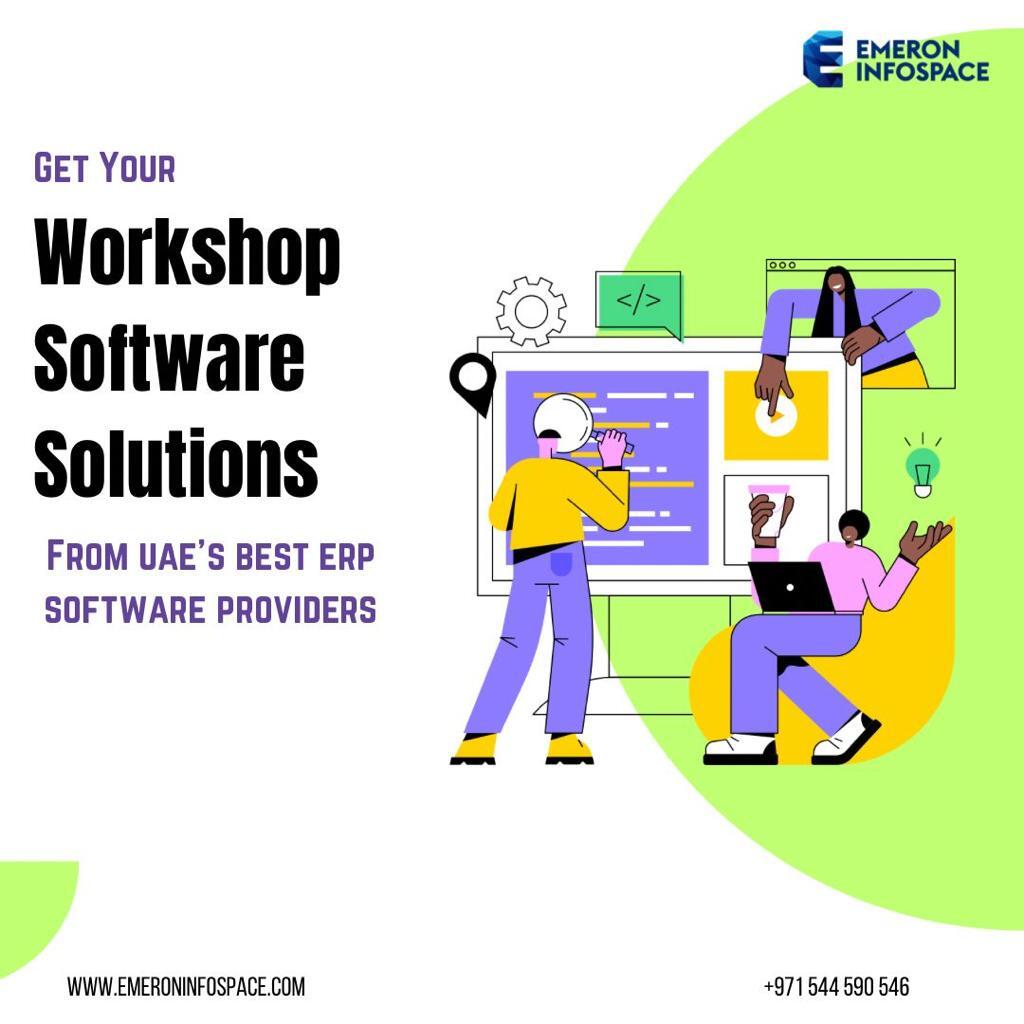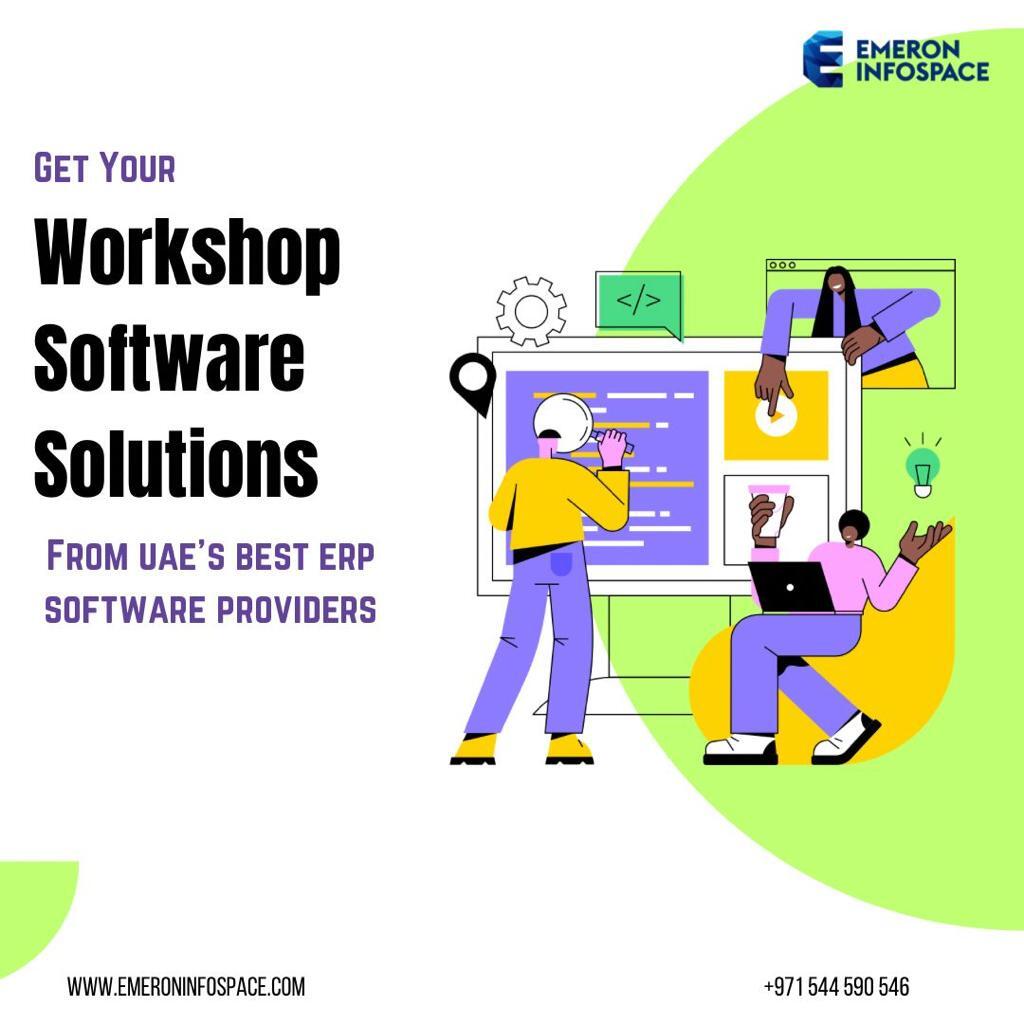The Role Of Artificial Intelligence In Modern ERP Systems

In the ever-evolving landscape of business technology, Enterprise Resource Planning (ERP) systems have played a pivotal role in streamlining operations, enhancing productivity, and driving growth. And as we navigate the 21st century, a new technological force is reshaping ERP systems: Artificial Intelligence (AI). In this blog, we'll explore the profound impact of AI on modern ERP systems, how it's revolutionizing business efficiency, and the exciting future it promises.
The Marriage of AI and ERP
Artificial Intelligence in ERP
is more than just a buzzword. It's a fundamental shift that is enhancing the capabilities of these systems. ERP software has traditionally been about data management, process optimization, and real-time reporting. However, with AI, ERP systems can now take these functions to an entirely new level.One of the key ways AI is influencing ERP is through automation. Routine, repetitive tasks like data entry and information processing can be handled by AI algorithms, allowing human employees to focus on higher-value tasks. This not only accelerates processes but also reduces the risk of errors, thereby improving data accuracy.

The Power of AI-Driven Business Processes
The integration of AI with ERP systems brings a new dimension to decision-making and business processes. Machine learning algorithms can analyze historical data to provide insights and predictions that were once impossible with traditional ERP systems. This capability is especially valuable in demand forecasting, inventory management, and customer relationship management.AI can also help in proactive issue detection. By continuously monitoring the system's performance, AI can identify anomalies and alert administrators to potential problems, enabling swift corrective actions. In this way, AI is not just about improving business processes; it's also about safeguarding the health and stability of the ERP system.
ERP Software Advancements with AI
The marriage of AI and ERP extends beyond just efficiency. It's also about making the system more user-friendly. AI-driven chatbots, for instance, can provide 24/7 support and assist users in navigating the system, offering solutions, and answering questions. This enhances user satisfaction and reduces the need for extensive training. Another exciting development is the personalization of ERP interfaces. AI can tailor the system's user interface to the specific needs and preferences of individual users, making it more intuitive and user-centric. This, in turn, increases user adoption and engagement.
ERP Integration with AI: A Win-Win
The synergy between AI and ERP systems isn't just a technological advancement; it's a strategic advantage. Organizations that embrace AI in their ERP systems gain a competitive edge. They can adapt to market changes more rapidly, optimize their supply chains, and make data-driven decisions. Moreover, they can save both time and money, as well as reduce operational risks. As AI continues to advance, we can anticipate further integration with ERP systems. This could include natural language processing, allowing users to interact with the system using spoken or written language. AI could also be used for advanced analytics and scenario planning, offering business leaders a deeper understanding of their operations and enabling them to explore "what-if" scenarios.
The Future of ERP Systems: AI at the Helm
The integration of AI into ERP systems is not a passing trend; it's the future of business technology. As AI capabilities continue to evolve, ERP systems will become even more intelligent, adaptable, and indispensable to businesses of all sizes and industries.In conclusion, the role of Artificial Intelligence in modern ERP systems is a game-changer. It's enhancing efficiency, optimizing processes, and providing insights that drive informed decision-making. AI in ERP is not just a technological upgrade; it's a strategic imperative for businesses looking to thrive in the digital age. As AI continues to shape the future of ERP, organizations that embrace this evolution will be best positioned to lead in their respective industries.